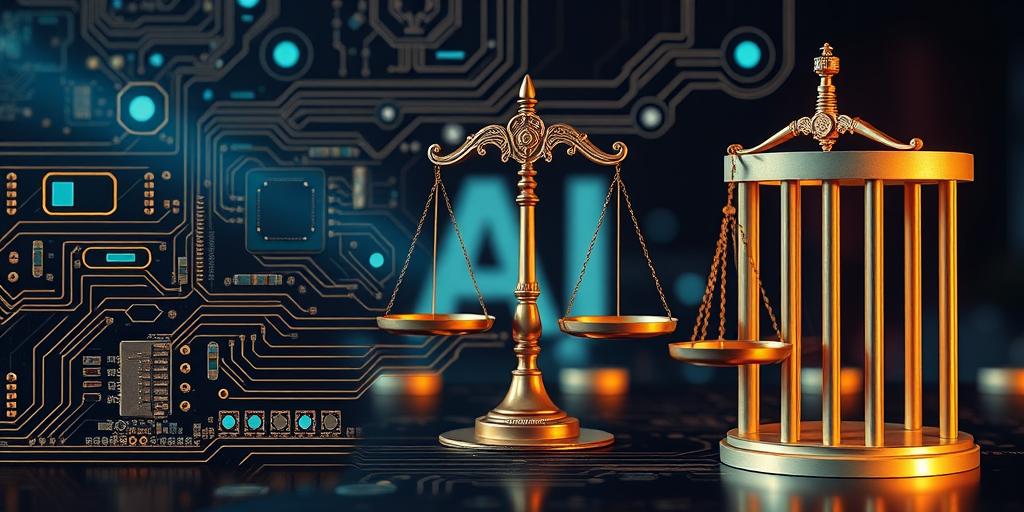The Ethics of Using AI in Politics
The integration of artificial intelligence (AI) into political processes is rapidly transforming the landscape of campaigns, policy-making, and governance. While AI offers unprecedented opportunities for efficiency and innovation, it also raises profound ethical questions that demand careful consideration. This post explores the multifaceted ethical dimensions of AI in politics, examining its potential benefits and inherent risks.
Enhanced Campaign Strategies
AI enables political campaigns to analyze vast amounts of data to identify voter preferences, predict behavior, and tailor messaging for maximum impact. AI-driven chatbots and virtual assistants can engage with constituents, answering questions and disseminating information. However, the use of AI in campaigns also raises concerns about manipulation and misinformation.
Data Privacy and Security
Political campaigns often collect and process sensitive personal data. AI algorithms can analyze this data to profile voters and target them with personalized messages. However, the collection, storage, and use of personal data in political campaigns must adhere to strict ethical guidelines to protect privacy and prevent misuse.
Algorithmic Bias and Fairness
AI algorithms are trained on data, and if that data reflects existing societal biases, the AI system will perpetuate and amplify those biases. In politics, biased algorithms can lead to unfair or discriminatory outcomes in areas such as voter registration, resource allocation, and criminal justice.
Transparency and Accountability
Many AI systems operate as "black boxes," making it difficult to understand how they arrive at their decisions. In politics, this lack of transparency can erode trust and undermine democratic accountability. It is essential to ensure that AI systems used in political processes are transparent, explainable, and subject to human oversight.
Misinformation and Manipulation
AI can be used to generate realistic fake news, deepfakes, and other forms of misinformation. Political campaigns may use these technologies to deceive voters, manipulate public opinion, and undermine trust in democratic institutions. Safeguards are needed to detect and counter AI-generated misinformation and hold those responsible accountable.
Autonomous Decision-Making
AI is increasingly used to automate decision-making in areas such as policy analysis, regulatory compliance, and public service delivery. While AI can improve efficiency and accuracy, it is essential to retain human control over critical decisions to ensure fairness, accountability, and ethical considerations are taken into account.
Conclusion
AI offers significant potential to enhance political processes. However, its use also raises complex ethical questions that must be addressed proactively. By establishing clear ethical guidelines, promoting transparency and accountability, and investing in education and research, we can harness the power of AI for the benefit of democracy while mitigating its inherent risks.









